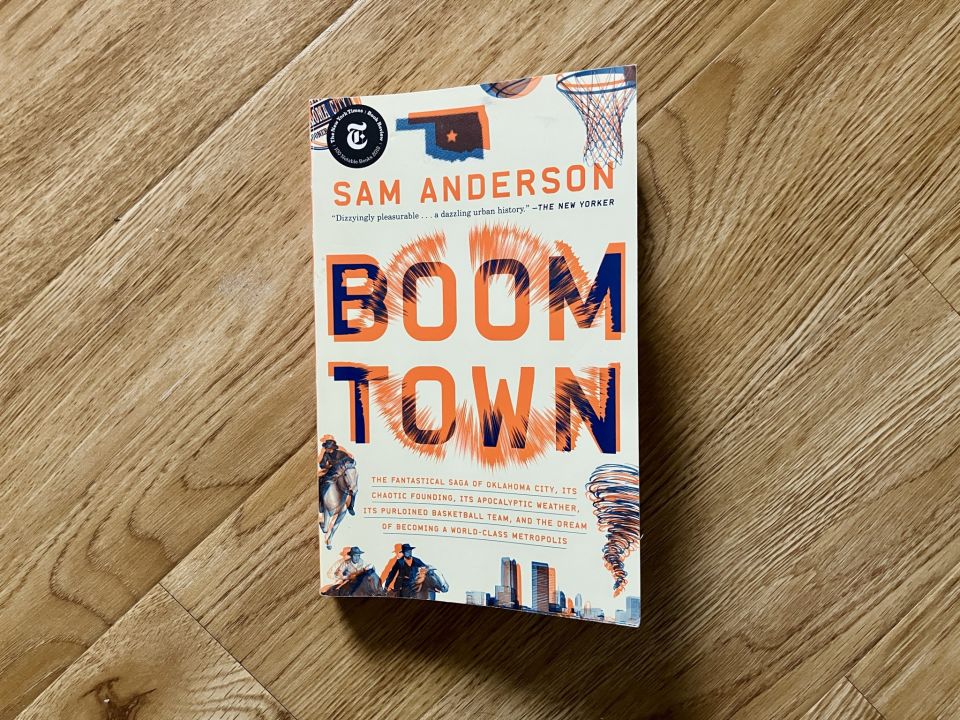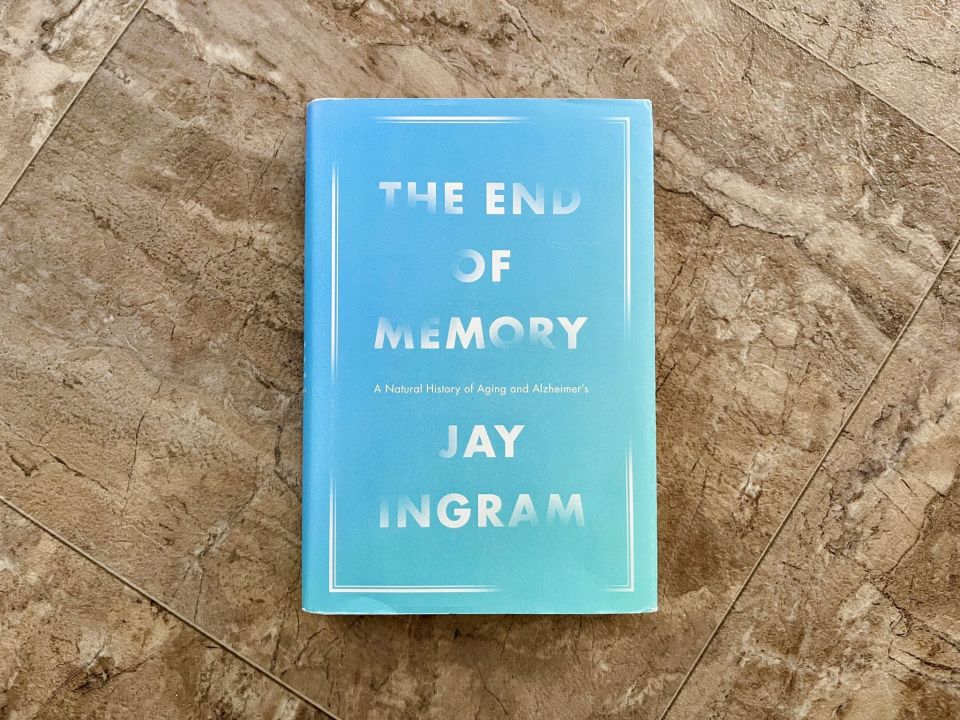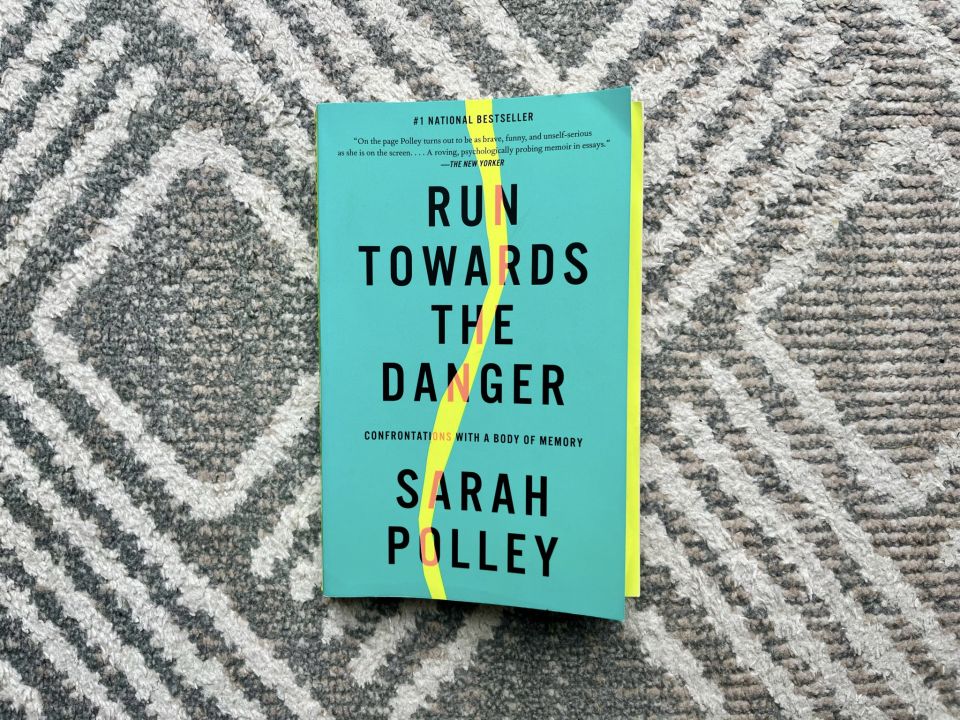by Leslie Jamison
A thoughtful read on addiction, alcoholism, recovery, relationships, and literature. The author weaves their personal recovery story—messy relationships and all—into a broader exploration of how drinking and addiction have been portrayed in literature across time. By drawing from a range of works, from classics and masterpieces to popular fiction and non-fiction, Jamison crafts a compelling look at addiction and the many ways recovery can take shape.
I’ve rated it four starts on my five-point scale— meaning, it is worth a recommendation to others but I’m unlikely to re-read it again. I will say that the content doesn’t feel entirely unique in its approach, and I suspect similar insights could be found elsewhere.
I’m glad I picked it up and stuck with it. As someone who hasn’t read many literary masterpieces or even much of the pop-culture canon, I appreciated the exposure to titles I might explore in the future given the personal connection I feel to the topic.
By Mark Anderson

History. Sports. Civics. Politics. Weather. Terrorism.
Boom Town has it all.
At first glance, this strange mix of topics shouldn’t work together, but somehow, it does. Sam Anderson crafts a fast-paced and engaging narrative of Oklahoma City, weaving together seemingly unrelated threads of the city's history and development into a cohesive and compelling story.
From its attempt to become the test city for daily supersonic jet flights, to the destruction of its urban core in the name of urban renewal, and its collective response to the 1995 Oklahoma City bombing , I was surprised by just how deep and rich OKC’s history is— especially considering the city itself was essentially built from nothing. What caught me off guard, not knowing much about the book or its author beforehand, was the emphasis on the founding, development, and cultural integration of the Oklahoma City Thunder NBA team. Anderson uses the Thunder’s story as a recurring thread, tying together the various aspects of the book. Normally, I don’t gravitate toward sports writing, but this worked for me.
This was a highly enjoyable read. In many ways, it reminded me of Smoketown (2018) by Mark Whitaker, which explores Pittsburgh’s history with a particular focus on Black culture.
The concept of place has always intrigued me, and I’m drawn to fresh perspectives on it. While I don’t actively seek out books that dive deep into the history of places I’ve never visited, I often feel compelled to pick them up when I come across them. I’m glad I picked up Boom Town.
by Jay Ingram

My (step-)mother passed away in early 2024 after more than a decade of battling progressively worsening dementia. By the time she left us, I could no longer remember who she was before the disease. This lingers with me—not just as a personal loss, but as a deep sense that she deserves to be remembered as the vibrant, compassionate, and thoughtful person she was before dementia took hold. And yet, I struggle to bring those memories into focus.
Over those ten years, I watched my father shoulder the immense weight of caregiving, often alone, as he tried to care for her, for himself, and to understand the disease that was reshaping their lives. In contrast, I did little to educate myself about dementia or to support him in ways that, in hindsight, feel like responsibilities I should have fulfilled.
Now that my mother is gone and my father is on his own, I find myself drawn to books like The End of Memory— a way to learn, to understand, even if it feels too late.
When I started reading, I hoped to make sense of what my mother experienced in her later years, to understand that her actions weren’t a matter of willpower but rather the inevitable effects of a disease no one can truly fight. I wanted to grasp how dementia and Alzheimer’s develop over time and what individuals, families, and communities can do to delay its onset—because, for many of us, it’s not a matter of if but when.
I got what I needed from The End of Memory, but not without some struggle. As with most topics rooted in biology and physiology, much of the scientific detail went over my head. I don’t have a background in science, nor do I have much interest in diving into its complexities. That’s not a flaw in the book or in Jay Ingram’s writing, but rather a reflection of my own difficulty in connecting with certain aspects of the material.
That said, I did take away some valuable insights. I found it particularly interesting to learn about the link between sugar intake and the likelihood of developing Alzheimer’s, as well as how staying physically and mentally active during leisure time can help delay cognitive decline. This passage from late in the book encapsulates the dynamic nature of Alzheimer’s and the factors that can help combat it:
“This is a reminder of the fact that late-onset Alzheimer’s is malleable: diet, exercise, education, a mentally challenging occupation, conscientiousness and likely many more as-yet-unidentified influences play a role in creating the brain reserve that is considered to protect against these genetic effects.”
— p. 179
I’d recommend The End of Memory to anyone interested in the history of aging and Alzheimer’s, especially those looking for a comprehensive look at the science behind the disease and the strategies that might help delay its onset. If you’re willing to engage with the more technical aspects, this book provides a well-rounded exploration of what we know—and what we’re still trying to understand— about Alzheimer’s and its impact.
by Sarah Langan

Good Neighbors (2021) by Sarah Langan has a bit of everything— neighborly drama, child abuse, potential sexual misconduct with a minor, guns, homicide, spelunking, and even… a SINKHOLE.
I’m not convinced the sinkhole was necessary. If anything, it pulls focus from the core themes of neighbor relations and interpersonal conflict, distracting from the character development that drives the story. That said, it wasn’t a bad read.
Another element I could have done without? The random inclusion of news articles, academic papers, and media clippings from the future. I assume they were meant to add dramatic foreshadowing and extend the story beyond the final pages, but they felt out of place. Instead of enhancing the narrative, they pulled me out of the present-day events. Thankfully, I learned to ignore them early on in
by Sarah Polley

Run Towards the Danger: Confrontations with a Body of Memory is technically a memoir, though Sarah Polley herself doesn’t seem to see it that way. It’s unconventional compared to most memoirs I've read, focusing on a handful of key moments rather than a broad sweep of her life. Polley delves into periods where her body, mind, and spirit were deeply affected—through pregnancy, sexual assault, childhood trauma as a star, and a serious head injury. Her life appears filled with moments of agony that initially seem like defeat.
This is a book about memory and how we come to understand our own realities. It looks at the distorted realities we experience in the midst of trauma, and the clearer, more truthful versions we piece together later on, with the support of loved ones and trusted confidants. #Memory
I wasn’t too familiar with Polley’s work before this, nor her contributions to Canadian media and pop culture, but reading this made me realize I’ve enjoyed some of her most notable projects, like Take This Waltz (2011), Alias Grace (2017, miniseries), and Go (1999).
Run Towards the Danger (2022) is a deeply personal read that tackles tough topics, ones you need to approach with care. While it’s not a complete history, Run Towards the Danger offers insight into the development of a child star in the Canadian acting scene and the often harsh realities of life in the spotlight.



